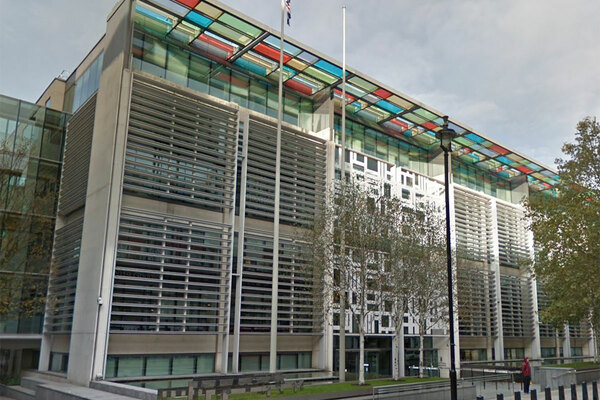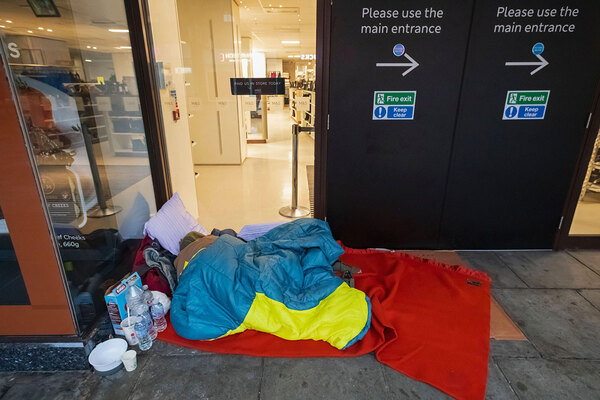You are viewing 1 of your 1 free articles
Home Office urged to reverse asylum seeker eviction ban decision as charities worry thousands could lose accommodation
Charities are calling on the government to urgently reverse its decision to end the ban on asylum seeker evictions during the COVID-19 crisis after Inside Housing revealed the government had begun the process of evicting hundreds of refugees from Home Office accommodation.
Organisations from the homelessness sector are demanding the Home Office to immediately extend its ban on evictions amid fears that “thousands” of refugees and asylum seekers could be evicted over the next few months.
Earlier this week, Inside Housing revealed the Home Office had decided to end the temporary ban on asylum seeker evictions, which it introduced at the beginning of the coronavirus lockdown.
Polly Neate, chief executive of Shelter, said: “These reports are deeply concerning. Government must ensure that all groups are protected from evictions, including refugees and asylum seekers.”
It is understood the eviction process will be phased and will begin with 300 refugees across England who already have Universal Credit in place.
However, Hazel Williams, national director at The No Accommodation Network, said that it could result in thousands of newly granted refugees and people seeking asylum being evicted from their Home Office accommodation.
She added: “This could leave them homeless and unable to access services, many with no recourse to public funds.”
The decision to not extend the eviction ban marks a return to the pre-pandemic process for housing asylum seekers, who are normally evicted from Home Office accommodation once a decision has been made on their claim.
Usually when a decision is made on an individual’s claim, the Home Office support will end. Those who have been granted ‘leave to remain’ then become eligible to apply for welfare through their local authority, while those who are not granted leave to remain often have to depend on support from charities.
Jon Sparkes, chief executive of Crisis, said: “The risk of being pushed into homelessness when asylum support is cut off and accommodation ends is incredibly high.”
The Home Office said it was “incorrect” that those who are being evicted are at risk of homelessness and said “those who have had their claim for asylum accepted are being supported as they move into the mainstream social housing system”.
A representative from the Local Government Association said councils need “enough time to plan and the right data to ensure this runs at a pace that recognises the current demand on local homelessness services”.
A Home Office spokesperson said: “There has been no Home Office instruction to ask asylum seekers to leave their properties, and during the pandemic we have been providing accommodation and essential living costs to those who would otherwise have been destitute. It is right that we review arrangements for those who do not qualify for asylum support.”











